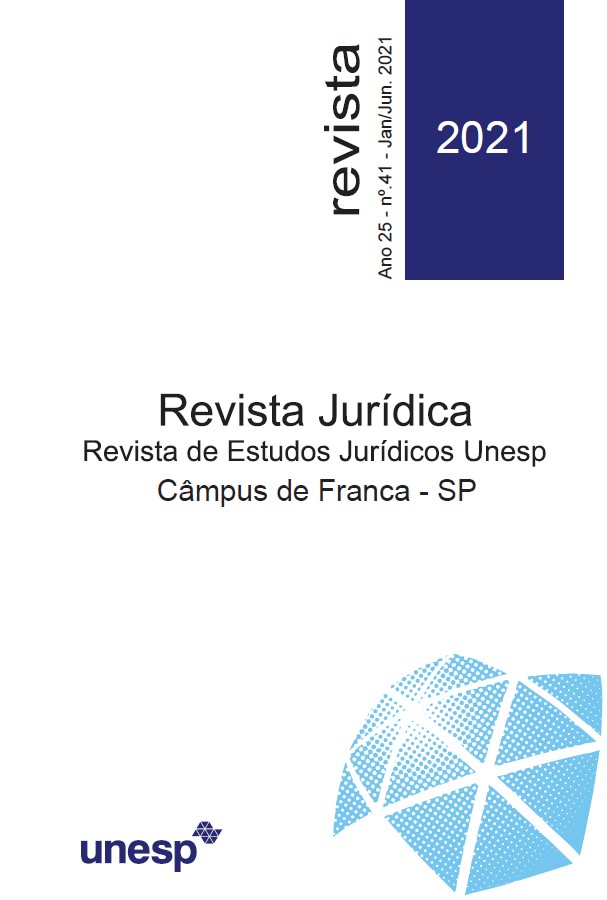THE CORONAVIRUS (COVID-19) PANDEMIC IN BRAZIL: LEGAL FOUNDATIONS FOR THE PROTECTION OF PUBLIC HEALTH AND THE GUARANTEE OF INDIVIDUAL FREEDOMS
DOI:
https://doi.org/10.22171/rej.v25i41.3453Abstract
: The present paper sought to analyze the legal basis for the protection of public health and guarantee of individual freedoms in Brazil, in the context of the normative acts edited due to the Coronavirus pandemic. In order to do so, it examined the concept of police power, the prerogatives of the Public Power, the principle of supremacy of public over private interests, the fundamental rights to freedom of movement and free initiative, and the basis for the legal system to face extraordinary situations. Subsequently, the institute of the state of need was addressed, through an analysis of the link between the need to defend public health and the measures taken by the health authorities amidst the pandemic. The normative texts that determined such limitations to trade, certain professions and commitments as a whole were also studied. The work concluded that there was no harm done to fundamental rights through the adoption of restrictive measures to reduce the spread of the Coronavirus, if one considers their purpose to guarantee the fundamental right to health, as well as the principle of supremacy of the public interest over the private, the prerogative of the State's police power, the state of administrative necessity, the recognition of the state of public calamity, and the decision nº 6.341 of the Federal Supreme Court.
Downloads
Downloads
Published
How to Cite
Issue
Section
License
Copyright (c) 2022 Revista de Estudos Jurídicos UNESP

This work is licensed under a Creative Commons Attribution 4.0 International License.

























